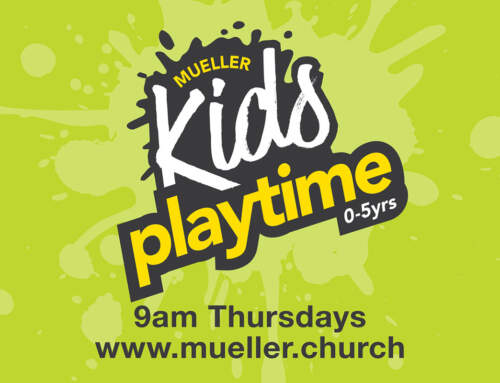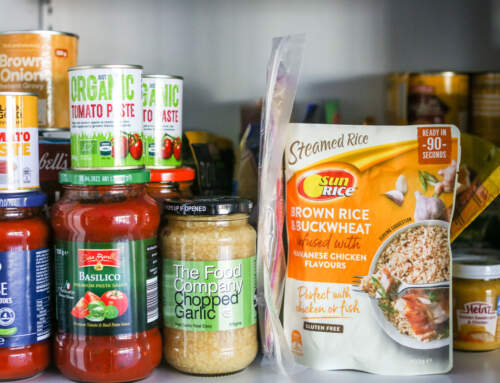Dr Robert H Lustig* writes that money doesn’t lead to contentment and that we are more than our money and possessions. I agree with his assertion that we are all unique individuals and should never consider ourselves to be powerless consumers. I am concerned at times when I come across students who have to have the latest models of devices. Their self-worth appears to be tied up in these possessions. Always wanting the newest, fastest or best thing can never fully satisfy our deepest needs and the novelty wears off quickly, often long before it’s paid for. If we live our lives in constant pursuit of material possessions, we’ll never experience contentment. I know people who have to replace their cars every couple of years often trading in and losing a lot of money on a perfectly good car. What makes it worse are the interest payments these people have to pay. If we’re not careful, the acquisition of possessions can steal our time, attention and energy. Often our loved ones miss out, we suffer stress which can have serious health consequences and the last thing we feel is contented. Happiness from buying stuff is a fleeting illusion.
All of us, children included, have something to contribute to this world. Jobs can provide satisfaction and contentment if we are doing something that we feel is worthwhile to the community. Volunteering has been shown to increase health benefits and contentment in people of all ages. Volunteering Queensland lists some of the benefits of families volunteering together. These include the opportunity to spend time together; parents being a positive role model showing children how contributing to make a difference can be both enjoyable and satisfying; strengthening family bonds; experiencing a stronger sense of community and feeling less socially isolated to name a few. https://volunteeringqld.org.au/volunteers/families-children
I have the privilege of doing some work in Mueller’s residential aged care facility. One of the most exciting times for residents are Thursday mornings when a class of primary students comes and visits. It’s a time where the elderly have input into the lives of the children and the children share with residents. Some weeks the older folk teach the children new skills and some weeks the children teach the residents. They talk and talk together too. Both residents and students have a wonderful time and all benefit from their contribution. The children are learning compassion, to take an interest in people and that volunteering can be both fun and worthwhile.
It can be easy for parents to fall in the trap of feeling they need to provide great experiences for their children, or purchase the latest whatever, however there’s a lot of evidence to show that contributing rather than consuming leads to greater contentment in life.
*The Hacking of the American Mind: The Science Behind the Corporate Takeover of Our Bodies and Brains. (2017)






